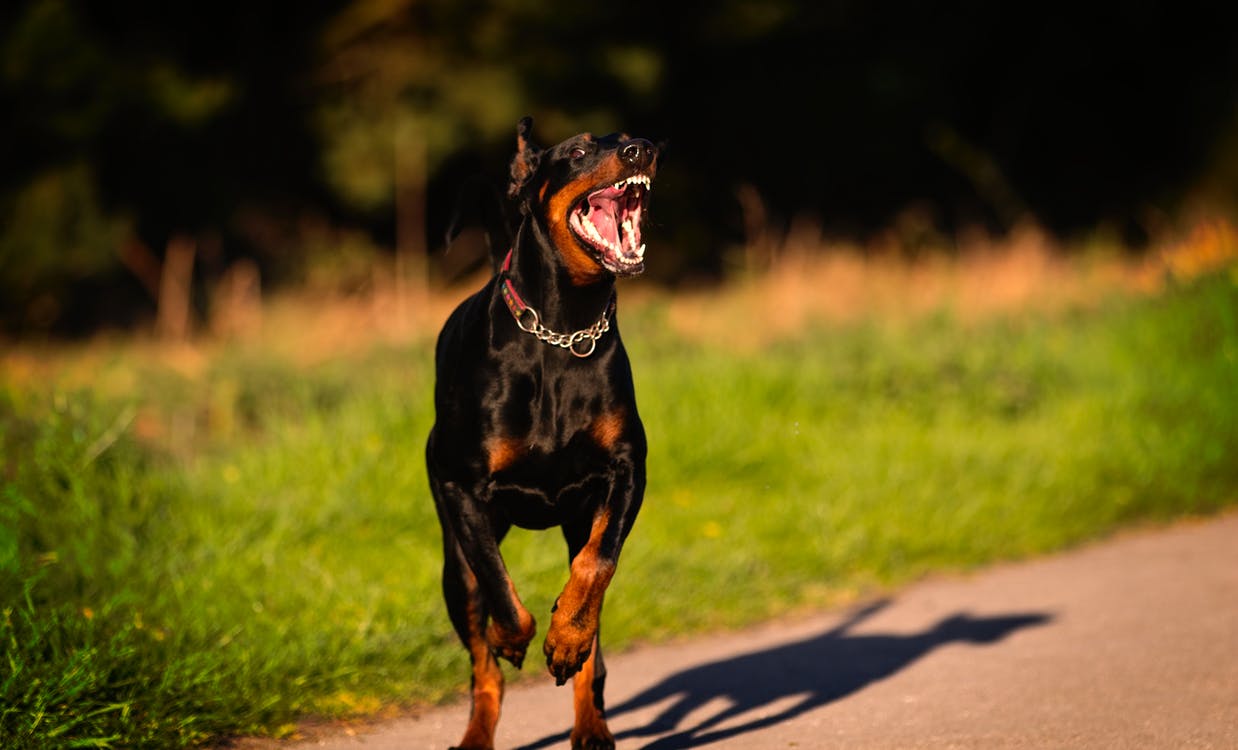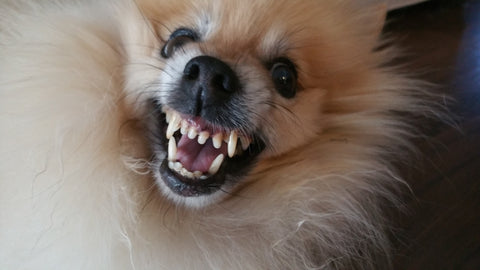Your Cart is Empty
Flat Shipping Fee of just $7.90 within USA

Every dog shows a certain natural territorial behavior with which he wants to protect his "territory" – even if it is just your two-room apartment. However, if this behavior gets out of control and the dog may even become aggressive, you have to intervene.
A dog instinctively defends its territory - this manifests itself in an exaggerated territorial behavior, which is not always pleasant for the owner. For example, when the he barks as soon as a visitor comes through the stairwell or the garden gate, or by jumping up on people. In the worst case, the dog tries to press intruders into his territory through threatening behavior or even starts biting them. In such cases one speaks of territorial aggression.

The territory is the inherent dog’s home range. The four-legged friend marks this with scent marks, by urinating or by pawing in the floor - as you experience it as a dog owner in everyday walking. They guard the places and objects that are particularly important to them: For example, their food bowl or the basket. Dogs develop such normal territorial behavior when they grow up, usually from the age of two or three years. However, in some cases the natural need to protect the inherent area can expand into territorial aggression.
The reasons for excessive territorial behavior and territorial aggression can be varied. In part, the behavior is based on the character of the dog - especially dominant dogs tend to extreme territorial behavior. Some dog breeds have a genetically stronger instinct to defend their territory than others. For example, the German Shepherd Dog, the Doberman or some Great Dane breeds.
In other dogs, the cause of the aggressive behavior can also lie in their childhood. Missing socialization as a puppy or inconsistent upbringing by the owner play a role might be a cause.
A dog that becomes aggressive as soon as a stranger enters its territory is usually a case for the dog trainer. In less serious cases, you can teach your four-legged friend with obedience training under professional supervision that it is you, not him, who determine the limits of the area and the degree of danger of intruders. In some cases, on the other hand, it is enough to offer the dog more variety and activity in everyday life - a busy dog is also more relaxed when it comes to the limits of his territory.
Ideally, you should ensure that such territorial behavior does not occur by educating your puppy from an early age. It already helps if the young dog has a lot of contact with visitors and learns that intruders do not dispute his territory. Also, a dog that respects his owner as head of the pack will show little aggressive territorial behavior because it recognizes that it is his human friend who controls and defends the boundaries of the territory for him.
By BOLLI LLC I August 27, 2020 I www.bolli.dog I Follow @bolli.dog